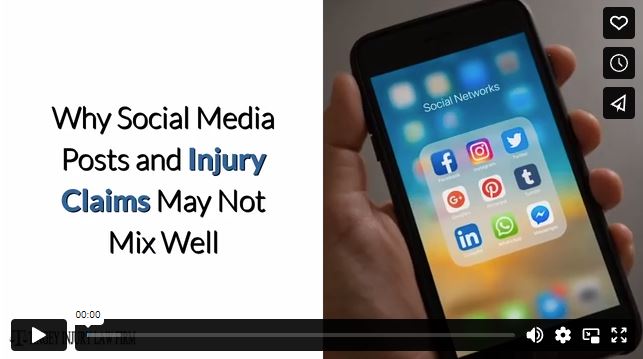A decade ago, only a handful of people were using social media. Today, 69 percent of the public uses some type of social media. There are many benefits of social networks: you can connect with old friends, send notifications to a large group of people without having to track down their email addresses, and keep up with loved ones who live far away. Anytime you send something to a broad audience, however, discretion is critical—especially if you are involved in a personal injury case.

(Pixabay / kaboompics)
Here are some things you should never post on your social media sites:
Incriminating or questionable photos. Perhaps you were involved in a car accident that leaves you unable to work or function normally. If you post pictures of yourself engaging in life as usual, you could give your opponent grounds to argue otherwise. You may not be doing anything wrong or dishonest, but beware of images that could imply certain things. For example, if you take a picture of yourself with some friends on a basketball court, you may give the appearance that you have just enjoyed a game of hoops.
Criticism of the other party. No matter how much ill will you may feel toward the other party in your lawsuit, don’t air it on social media. You may argue that you have a right to say whatever you want, and that may be technically true. At very least, however, the negative things that you have publicized will inject a seat-squirming dose of awkwardness into your next settlement negotiation. In addition, bad-mouthing could cast you in a bad light if the case goes to trial. Always consider how your communications would sound if they were read in front of a judge and jury.
Threats. Some people move beyond criticizing their legal opponent on social media to actually sending them menacing or threatening messages. These threats could also complicate and hurt your case in the long run.
Confidential settlement details. Your settlement agreement will likely contain a non-disclosure clause. No matter how happy (or unhappy) you are with the terms of a settlement, don’t share confidential details. Otherwise, the opposing party could strike back, claiming that you violated the non-disclosure agreement.
You may consider your social media accounts your business, but the other party may be watching them. Avoid any posts that could sabotage the outcome of your personal injury claim. If you have concerns about something that you already posted or other aspects of your case, contact Tingey Injury Law Firm for the best in North Las Vegas accident injury lawyers.
Video

